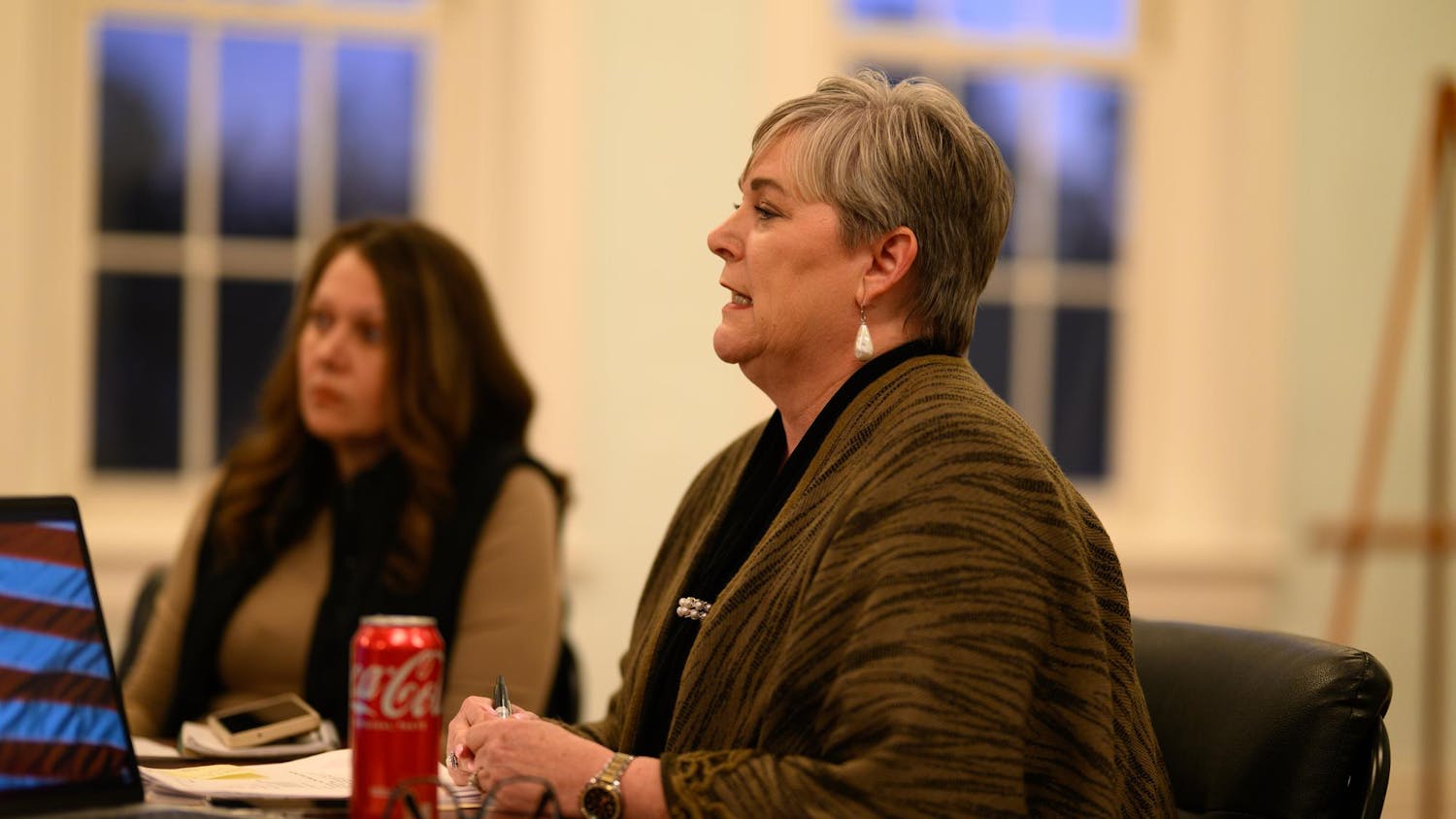For 25 years, Gainesville has been trying to clean up industrial contamination at the Cabot Carbon/Koppers Superfund Site.
The site, located at Northwest 23rd Avenue just west of Main Street, received attention from the Environmental Protection Agency on Monday.
Sen. Bill Nelson, D-Fla., met with officials from Gainesville, Alachua County and the EPA to discuss plans to clean up the most polluted place in Gainesville.
The site was designated a Superfund site in 1983, when it was determined that industrial contamination had impacted soil and groundwater.
The Superfund is an agreement chemical companies made that, in exchange for having no liability, requires them to pay an annual fee into the Superfund, Nelson said.
The fund is then used to clean up various contaminated sites, he said.
Since then, the level of contamination has been determined to be worse than initially thought, resulting in the EPA committee deeming the original clean-up plan ineffective, according to the site's 2006 five-year renewal plan.
"It will be very important that that contamination will be addressed properly to make sure that our Floridian Aquifer, our drinking water supply, is protected," said Rick Hutton, supervising utilities engineer at Gainesville Regional Utilities.
However, data collected so far on the perimeter of the site suggests that very little contamination is currently moving off-site into the Florida Aquifer, Hutton said.
Nelson, who has been working on getting the site cleaned for four years, said the EPA has finally agreed to present a comprehensive plan this September that will outline the steps to cleaning the site. The Superfund project has struggled with many problems, including the Bush administration letting the EPA Superfund run dry six years ago, he said.
The city of Gainesville has spent about $1.5 million so far to try to fix this problem, said Mayor Pegeen Hanrahan.
Requested improvements to the site include cleaning the contaminated on-site aquifers and building additional wells along the perimeter of the site to monitor contamination leaving the area.
Also, there will be an emphasis on making contingency plans in case the current plans prove ineffective.





